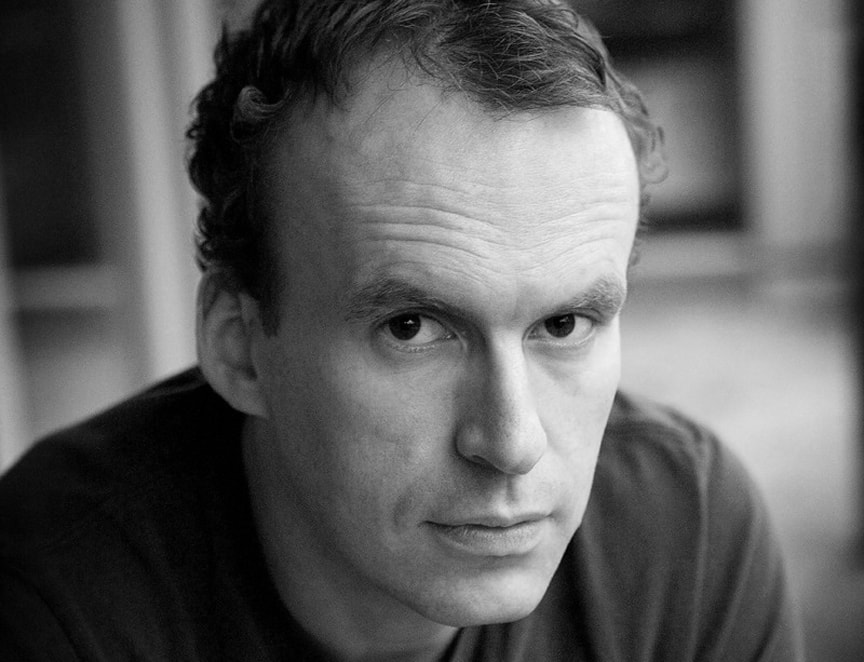|
Matt Haig, best-selling author of How to Stop Time and Reasons to Stay Alive, talks about his latest release, Notes on a Nervous Planet, in this engaging and hopeful discussion about living with mental illness in the modern world. Chaired by Richard Holloway.
In the follow-up to Reasons to Stay Alive, Haig once again talks about living with anxiety and depression; this time speculating in the wider context of our technologically advanced, fast-paced world. He believes that technology impacts every facet of our daily lives and is responsible for the exponential rise in the number of people suffering with anxiety and depression, explaining that we’re ”old hardware trying to function in a world with new software.” Haig feels that it’s empowering for a sufferer to understand where their feelings are coming from, and he skilfully relates his own experience of living with anxiety and depression to the audience, his self-deprecating humour provoking appreciative laughter from the audience. He believes that modern technology deliberately creates a disconnect between people, largely cultivated by companies who serve to drive the population towards addiction to their devices. Whether through our phones, games, computers, e-readers, or fit-bits; we’re constantly provided with more and more opportunity to ‘connect’ through screens; rather than face-to-face. And in doing so, we become increasingly dependent on these technologies to show us our value and so we continue to exist in ever-shrinking worlds. If we’re constantly being measured, compared and told we can be doing better; we’re always going to be looking for the next thing that can help us improve – and tech companies know it. It’s this disconnect which nurtures a state of anxiety and depression, according to Haig. He pointed out that the Aborigines have the worst record of mental illness in the world; correlating this with the colonialism, racism, and horrific loss of identity and sense of purpose they endure. When asked what he fears most in our ever-advancing world, Haig admits his concern that “we are in danger of losing our empathy”. He continued on this thread, raising the issue of online trolling, which he believes is incredibly damaging to our mental health and needs to be recognised as a health issue. He called for action from the public to raise awareness; as only then will our government take action against companies who aren’t regulating their tech and protecting their consumers. In keeping with the tone of his new title, Haig was authentic and optimistic when asked about labels and mental illness, identifying that relief that can come with a diagnosis – relating that it can make you feel like you belong, and also make it easier to explain how your illness affects you. However he was quick to caution over-use, or familiarity with any label, given that the connotations can be heavy. After his years of self-taught mindfulness, he wisely advised that “diagnosis isn’t a life-sentence: you aren’t in a permanent state.” Reminding and perhaps galvanising the audience, to believe in the power of the self, and not of the machine.
0 Comments
Leave a Reply. |
My latest writings, and thoughts on disability, mental health and young-adult lit. Archives
September 2022
|

 RSS Feed
RSS Feed